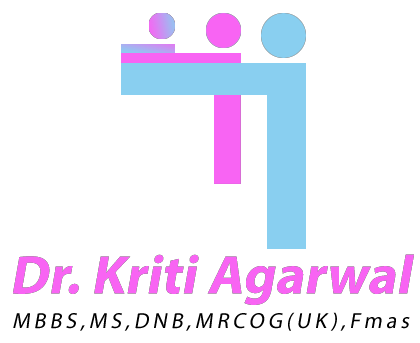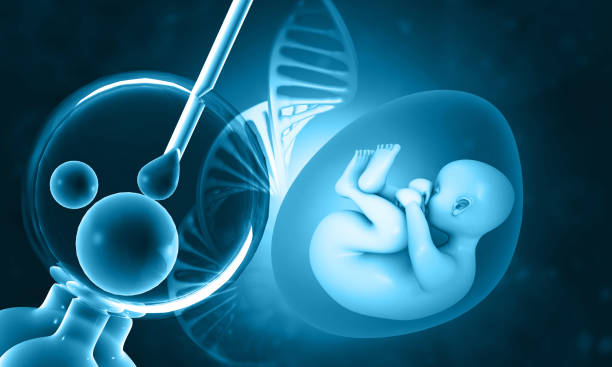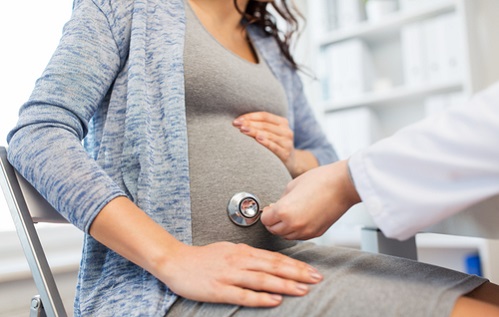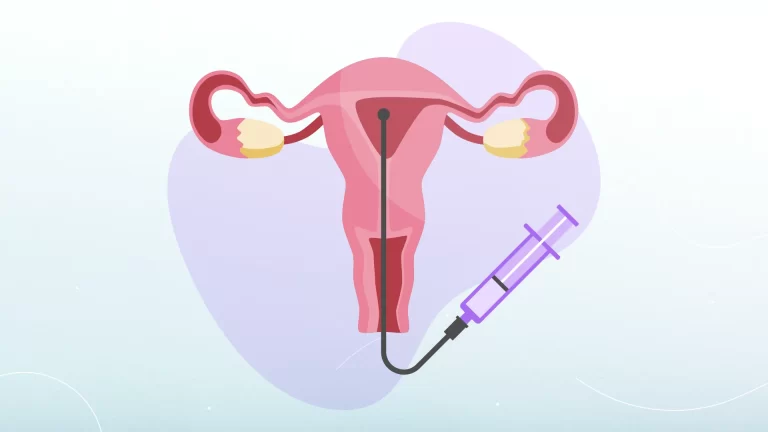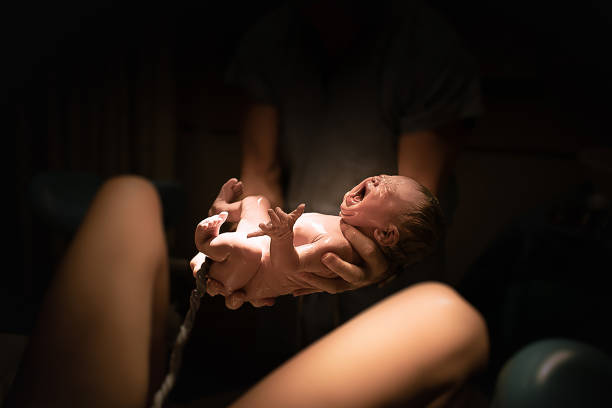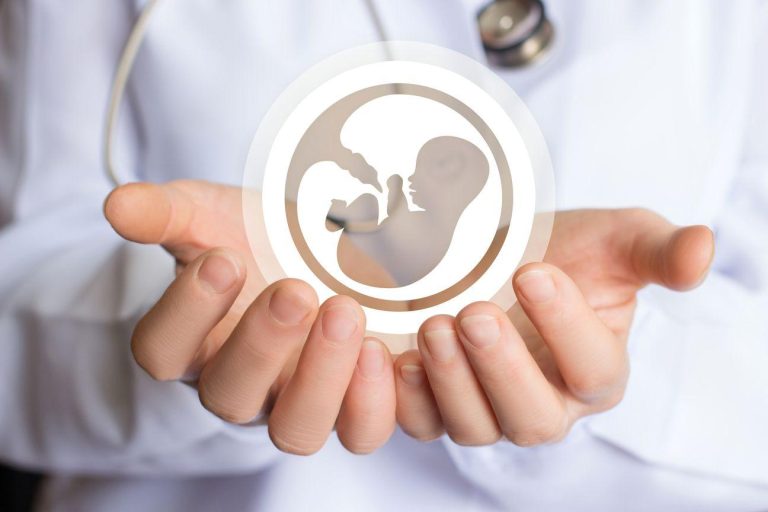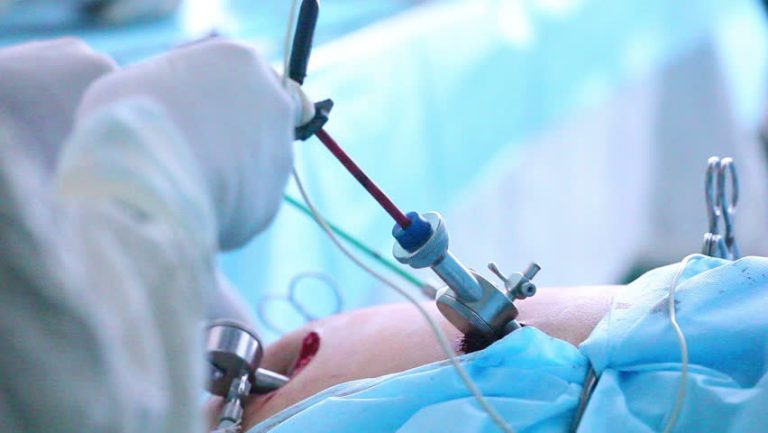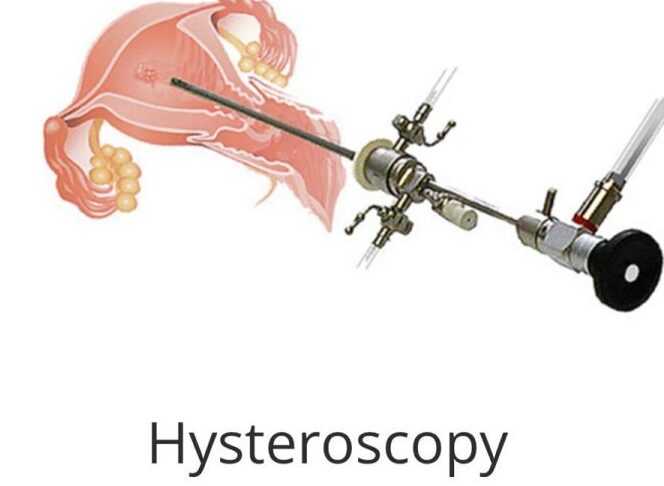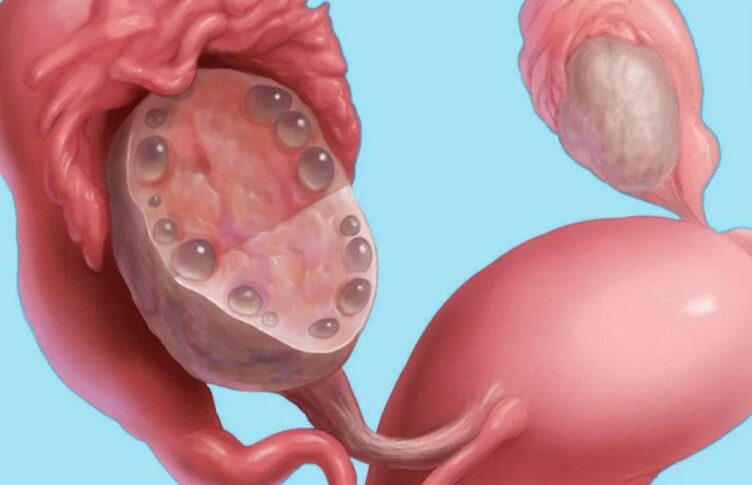Best Fibroid Removal Treatment in Kolkata
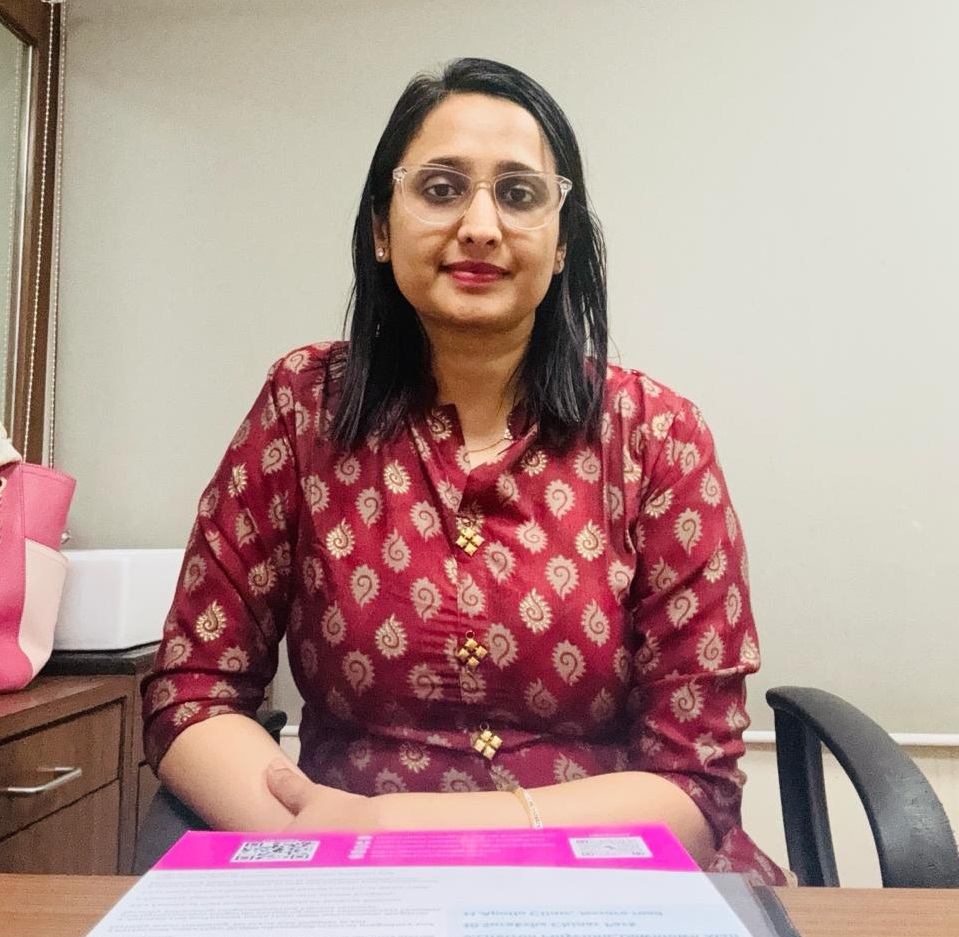
Expert Offering Fibroid Removal Treatment in Kolkata
The formation of fibroids in the uterus can be highly concerning. To ensure that it does not affect your reproduction health, get it treated immediately by an expert.
Visit Dr Kriti Agarwal, a well-known name in fibroid removal treatment in Kolkata. Dr Kriti Agarwal has 14 years of experience as a gynaecologist and specializes in myomectomy. It is an important surgical procedure that is targeted to remove uterine fibroids. Whether you have a single tumour or multiple growths, Dr Kriti Agarwal can offer efficient assistance in curing them.
How to Know If You Have Fibroids?
Detecting the presence of fibroids in your uterus can be a bit confusing. However, before approaching the doctor, you should understand the symptoms of fibroid development:
- Heavy bleeding with painful menstruation
- Heavy feeling in the pelvic area
- Enlarged lower abdomen
- Lower back pain
- Complications during pregnancy and labour
Is Myomectomy Surgery Essential?
Based on the extent of your issue, Dr Kriti can take the next step for fibroid removal treatment in Kolkata. In most cases, myomectomy is the primary solution. It is a specialized surgery that does not require you to get tensed.
It attempts to remove the cells and the connective tissue formed inside the uterus. With the effective assistance of Dr Kriti, you can remain assured of eliminating the issue without any problem.
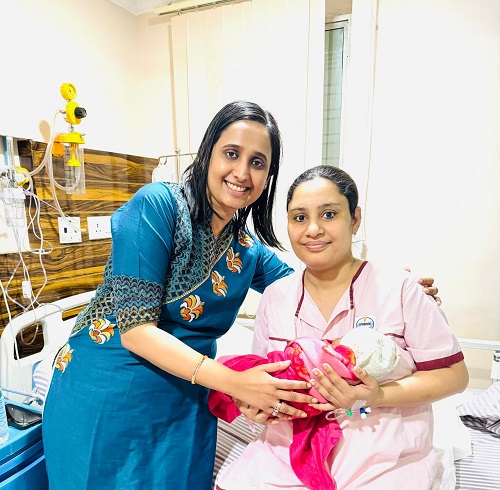
Why Choose Dr Kriti Agarwal?
When looking for fibroid removal treatment in Kolkata, you may find multiple sources. However, Dr Kriti Agarwal is well-experienced and can provide sympathetic support in removing the fibroids. She has been a top choice among a wide range of patients for the following reasons:
- High qualifications and experience
- Careful consideration of every individual case
- Thorough screening and diagnosis
- Reliable assistance in surgery
- Patient-centric service that enables a high success rate
No more worries about painful fibroids ruining your life. Book a session with Dr Kriti to get the right treatment.
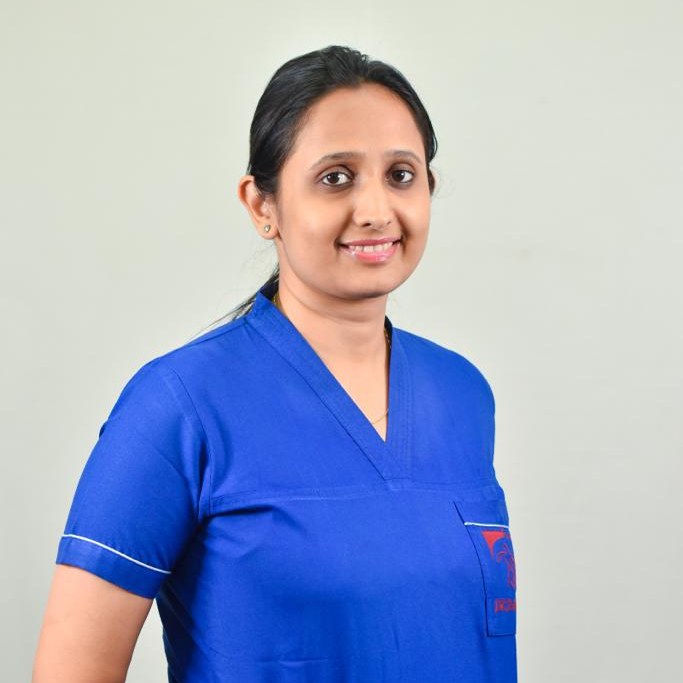
FIBROIDS
Fibroids are common, non-cancerous growths that develop from the muscle of the womb and may vary in size and position within the womb.
Fibroids are very common: 20-50% of women over the age of 30 years may have one or more. Fibroids do not always cause problems and many women may never even know they have them. Fibroids may be often found by chance when other symptoms are being investigated.
POSITION OF FIBROID
- Subserosal-grow towards the outer surface of thewomb
- Intramural-within the muscle wall
- Submucosal-grow inwards towards the cavity
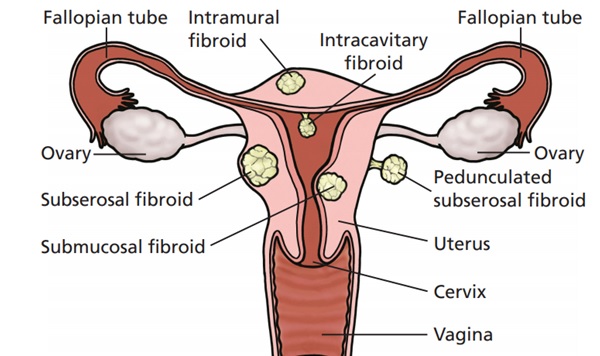
SYMPTOMS ASSOCiATED WITH FIBROIDS
- Heavy periods• Painful periods • Tummy or lower back pain• Pressure symptoms on your bladder or bowel making you feel that you need to go to the toilet often• Constipation • Difficulty in getting pregnant • Miscarriages• Iron deficiency anaemia
Large fibroids, or those that are mostly on the outer surface of the womb (subserous fibroids) are more likely to cause pressure symptoms.
Fibroids that mostly face inwards (submucous) are more likely to cause heavy periods and may cause fertility problems.
Fibroids can also be associated with risks in pregnancy including miscarriage, premature labour and an increased risk of a Caesarean section delivery due to the baby lying in an unconventional position e.g. bottom first or obliquely. There is also a higher risk of heavy bleeding during pregnancy and after the baby has delivered.
Medical treatments for fibroids
These are usually recommended:
- If your symptoms are mild
- If surgery is not safe enough or appropriate for you
- If you are approaching your menopause when your periods will stop and the fibroids will shrink
- To improve your iron levels
Mefenamic acid and tranexamic acid
Mefenamic acid tablets can provide pain relief due to cramps and tranexamic acid tablets help to reduce the blood loss. They need to be taken with each monthly bleed.
Hormonal medication These methods are not suitable if you are actively trying to get pregnant, but can be used temporarily while planning fertility treatments or before surgery.
1.Combined oral contraceptive pill :
This pill acts on the lining of the womb and may help to reduce the heavy bleeding that fibroids can cause, and may also prevent the fibroids from getting bigger.
2.Progestins
Progestins are synthetic versions of the hormone progesterone and can help by reducing menstrual blood loss, preventing the fibroids from getting bigger as well as helping them to shrink. Progestins can be taken in the form of an oral pill or an intrauterine coil system called the Mirena.
3.GnRH analogue or depot inj
This medication brings on a temporary menopause which can help to shrink the size of the fibroids and stop the periods. This medication is also sometimes prescribed before fibroid removal surgery to reduce the blood loss during the operation. Side-effects such as hot flushes, difficulty sleeping, dryness in the vaginal area, and also bone loss (early osteoporosis) maybe noticed. They are not recommended indefinitely and usually need to be stopped after about six months.
4.Ullipristal acetate – is a daily tablet taken by mouth for three months at a time (one course). It is an anti-progesterone hormone medicine that can stop fibroid cells from dividing. Eventually the cells die and the fibroid shrinks. Period bleeding should reduce by 90% during the treatment course, which is similar to GnRH analogue treatment. it does not produce menopausal side-effects. It can be used before surgery as a single course or repeatedly for women for whom surgery is not suitable. It must not be used by women with liver problems. In some women the womb lining can thicken abnormally but this usually disappears when the treatment ends. Both liver tests and womb lining checks are done for all patients on Esmya.
SURGICAL TREATMENTS FOR FIBROIDS
There are 2 options
- Myomectomy or removalof fibroid
- Hysterectomy or removal of womb.
- A myomectomy is an operation to remove fibroids, whilst retaining the womb, fallopian tubes and ovaries. Whether a myomectomy is the best choice or not for you depends upon your age, the need to preserve fertility, the size, number and positions of your fibroids. Myomectomy is mostly recommended for women who wish to retain their fertility.
- hysterectomy, which involves removal of the womb and all the fibroids in it. A hysterectomy may be recommended for women who have completed their family and no longer wish to try to get pregnant, if they have large fibroids and want a permanent solution. This is guaranteed to stop period bleeding and is a good way of relieving pressure off the bladder.
A myomectomy operation can be done either by approaching the fibroid through the surface of the womb (by Laparoscopy/ key-hole surgery or Laparotomy / an open cut) or through the cavity of the womb (by hysteroscopy / key-hole surgery through the vagina).
Laparotomy i.e. ‘open’ surgery
This is the most traditional way of performing a myomectomy. The operation is done through either a bikini line cut, or an up-and-down vertical cut on your tummy. This will depend on the size of the fibroid(s) and whether you have had any previous operations. For big size fibroids vertical cut in preferred and in case of previous surgeries such as cs also for better exposure of surrounding organs
Laparoscopy i.e. ‘keyhole’ surgery This procedure is performed by introducing a telescope through the belly button and miniature instruments through other cuts in the tummy.
- Following a laparotomy, you will need to stay in the hospital for 2-5 days. You will have a urinary catheter (small plastic tube to drain the bladder) after the procedure for about 1-2 days.
- After a key-hole operation you may be discharged home the same day or may need to stay in hospital for 1-2 days.
Recovery Time
depends on the surgical approach
Typical recovery times are:
- 4-8 weeks : laparotomy
- 2-3 weeks: laparoscopy
- 2-3 days: hysteroscopy.
The womb must be allowed to heal from the removal of a fibroid / fibroids. Pregnancy will put the scar(s) under strain and they need to be allowed to strengthen beforehand. You are advised to avoid pregnancy for 3 months after your operation to reduce the risk of the scar(s) tearing which may be dangerous for you and baby.
Bleeding and blood transfusion
Bleeding can usually be managed with keyhole surgery techniques but rarely (less than 1 in 100 operations) the operation needs to be extended into a larger incision called a laparotomy to be able to stop the bleeding from becoming dangerous. The transfusion of blood is not commonly needed but it will be done if necessary to top up heavy blood loss.
Infection
Infection does sometimes happen in the skin wounds as they are trying to heal afterwards. It is important to keep the wounds clean and follow your aftercare instructions.
Damage to nearby structures
The pelvic organs (bladder, womb, tubes, ovaries and intestines) are all close to each other in the surgical area. The ureter is the tube that connects the kidneys to the bladder. All these structures are vulnerable to damage as a result of surgery close to them
These complications are not common but they can be serious if they do occur. Damage to the bowel (small pin-prick or tear) can lead to infection as the contents leak out. The chance of this complication is lower than 1 in 2000 operations. Sometimes it is obvious and can be fixed at the time but sometimes it is hidden and does not cause problems until a couple of days after the surgery. If you do not feel much better or if you have pain and a temperature (sweats and shivers) by the third day after your operation you should contact the ward and attend for a check-up
Recurrence of fibroids
There is a risk of new fibroids growing within five years of surgery. This risk is very difficult to predict, but is higher in younger women and women with a genetic risk for fibroids (e.g. women of afro-carribbean heritage.
GET TO KNOW OUR GYNECOLOGIST FOR EMPOWERING WOMEN'S HEALTH
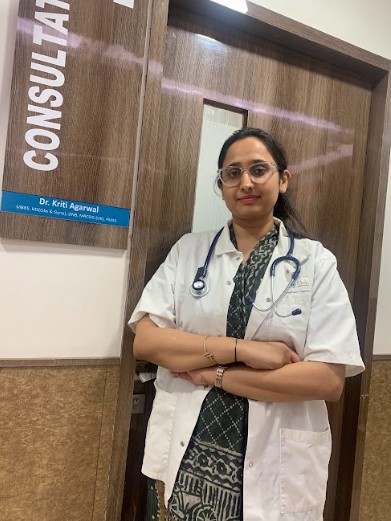
_______Providing Expert Care For All Feminine Health Issues!
TRUST OUR GYNECOLOGIST FOR PERSONALIZED WOMEN'S HEALTH CARE
Welcome to the world of exceptional women’s health care, led by Dr. Kriti Agarwal, the most trusted and compassionate gynecologist in the field. Dr. Agarwal is committed to offering individualized and comprehensive care to every woman because of her extreme knowledge, commitment, and passion for women’s health. She is trained in a variety of gynecological treatments, such as high-risk pregnancy, prenatal care, menopausal treatment, and gynecological tests. Dr. Agarwal understands that every woman’s journey is unique, and she strives to make sure her patients feel heard, respected, and empowered throughout their healthcare journey.
Numerous women looking for outstanding treatment have placed their trust in her because of her compassionate approach and meticulous attention to detail. Dr. Kriti Agarwal is available to you whether you are dealing with an urgent medical problem or want routine preventive treatment. Her goal is to help you feel your best, inside and out. Make an appointment right away to feel the impact that Dr. Kriti Agarwal’s compassionate and thorough care can make.
-
Compassionate And Personalized Care
-
Years of Expertise
-
Highest Quality Care
-
Educate Patients
Every woman deserves the best care for her reproductive health, and that’s where Dr. Kriti Agarwal steps in. As one of Kolkata’s best gynecologists, She is committed to providing personalized and compassionate care to women at every stage of their reproductive lives. She is the go-to expert for women seeking the highest quality care for women’s health due to her impressive qualification and experience in obstetrics, gynecology, infertility therapy, and laparoscopic surgery. You may feel confident that you’re making the right decisions for your health by consulting Dr. Kriti Agarwal. Dr. Agarwal is here to provide you with the greatest care, whether you’re dealing with infertility issues or just need a regular check-up.
LIST OF
ACADEMIC
Of DR. KRITI AGARWAL
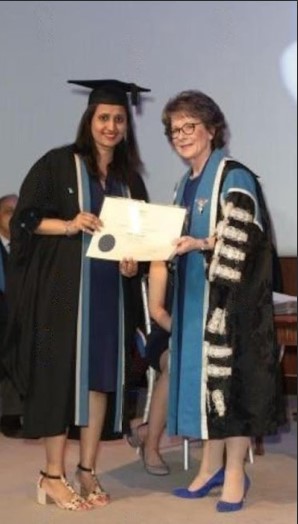
Dr. Kriti Agarwal is a renowned Consultant Gynaecologist, Obstetrician, Infertility Specialist, and Laparoscopic Surgeon based in Kolkata with 11 years of experience. She began her academic journey by graduating from Kasturba Medical College, Manipal, one of the top 10 medical colleges in India. She went on to pursue her Master of Surgery from Medical College, Kolkata and also completed fellowships in Gynaecological Endoscopy from the Indian College of Obstetrics and Gynaecology, Ultrasound from West Bengal University of Health Sciences, and Artificial Reproduction Technology from South India. Dr. Agarwal is a member of the esteemed Royal College of Obstetricians and Gynaecologists in the UK.
Dr. Kirti Agarwal has significant training in laparoscopic skills and specializes in minimal-access surgery. She highly values the role that her empathy and listening skills have played in helping her deliver quality fertility treatments and develop strong patient-doctor relationships.
SCHEDULE A CONSULTATION WITH BEST GYNECOLOGIST!
Looking for the best gynecologist for personalized care and advice? Schedule a consultation today and take control of your reproductive health. Trust us for compassionate and expert care.
FAQ
Yes, some reputed gynecologists may offer home consultations. However, it’s best to check with the specific doctor or practice to see what options are available.
Gynecologist and obstetrician consultation fees in Kolkata can vary based on the doctor’s credentials, practice area, and the services provided.
Yes, gynecologists and obstetricians are skilled in performing surgeries on the female reproductive system, such as hysterectomies and cesarean sections.
You can find a good gynecologist and obstetrician in Kolkata by asking for recommendations from family and friends, researching online reviews, and checking the doctor’s qualifications and experience.
Yes, gynecologists can perform fertility tests to help diagnose and treat infertility.
It is advised that women should go to a gynecologist for a routine checkup once a year.
Yes, gynecologists can provide treatment for PCOS/PCOD, which is a common hormonal disorder.
A doctor who focuses on the female reproductive system and pregnancy is known as a gynecologist or obstetrician.
The female reproductive system is susceptible to many illnesses, including ovarian cysts, endometriosis, and cervical cancer, which gynecologists and obstetricians are trained to treat.
Yes, gynecologists may perform a breast exam as part of a routine checkup to look for lumps or other abnormalities.
Yes, you must see a gynecologist if you are experiencing period problems including irregular periods, severe bleeding, or excruciating cramps.
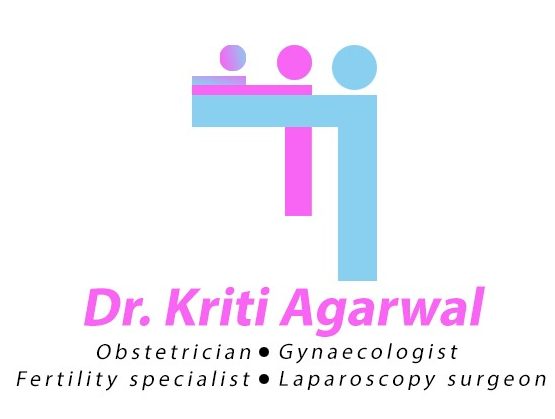
SCHEDULE A CONSULTATION WITH THE BEST GYNECOLOGIST!
Contact Info.
-
drkritiagarwal.com@gmail.com
-
+91 9330099305

